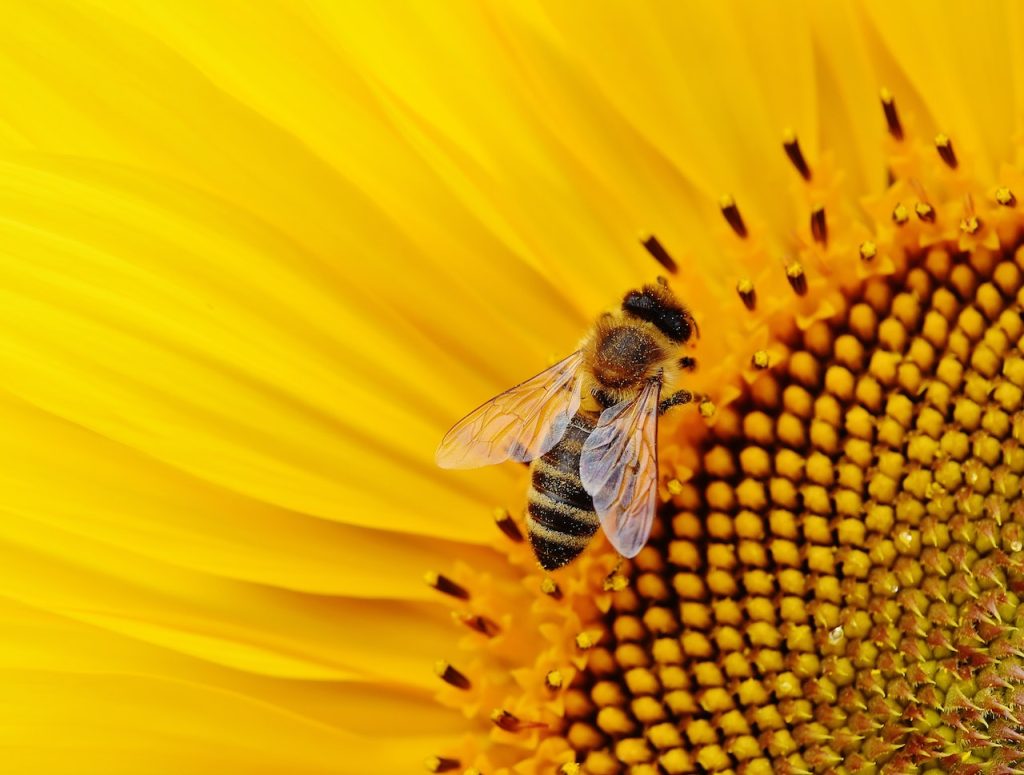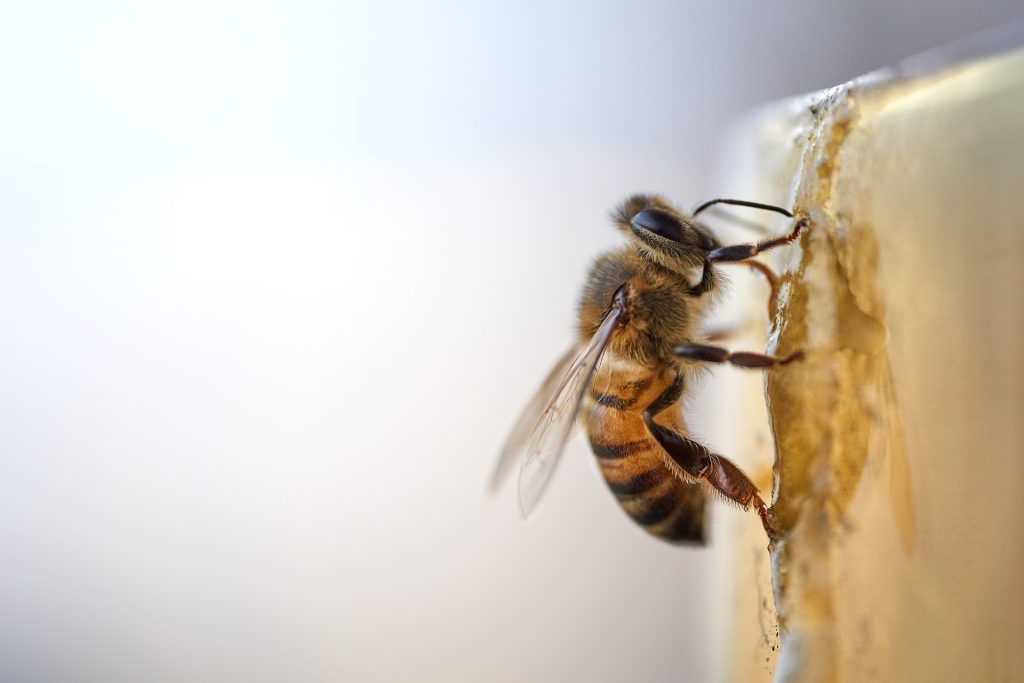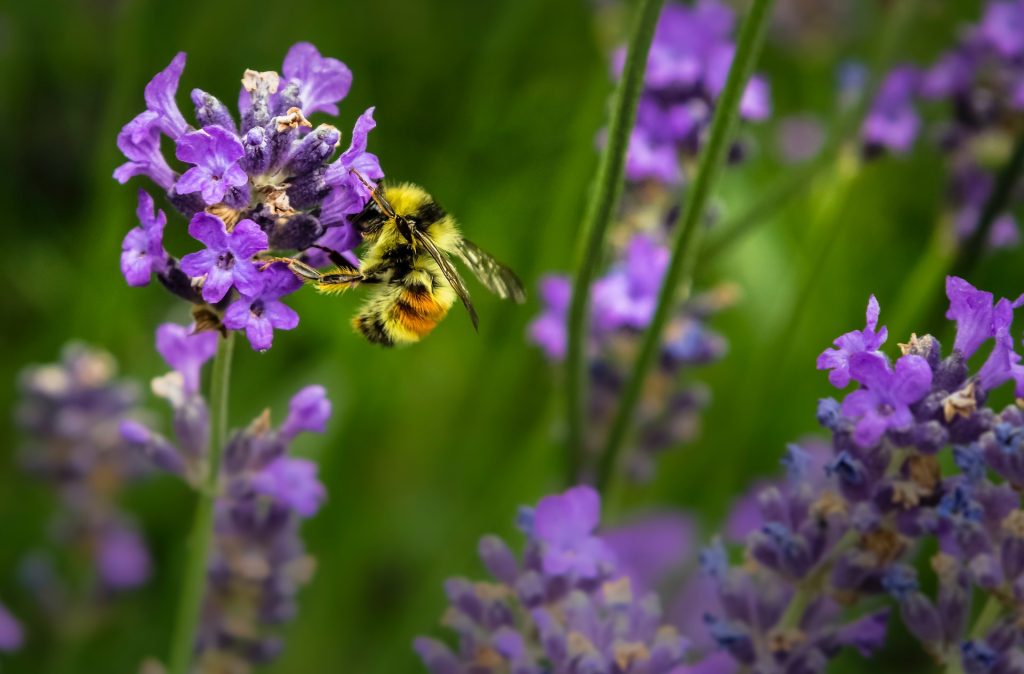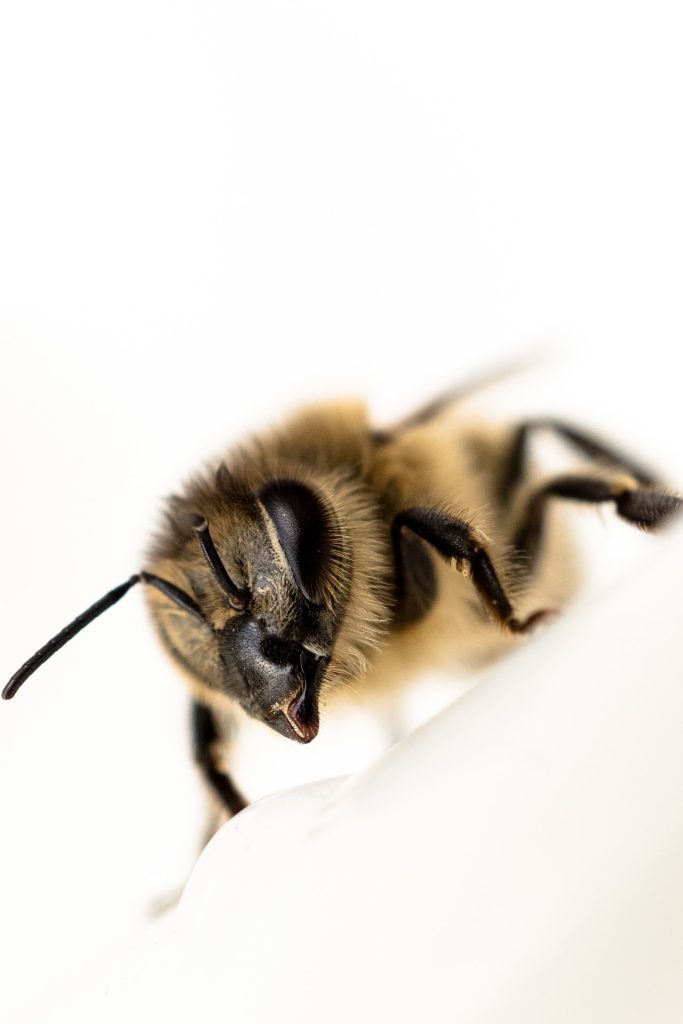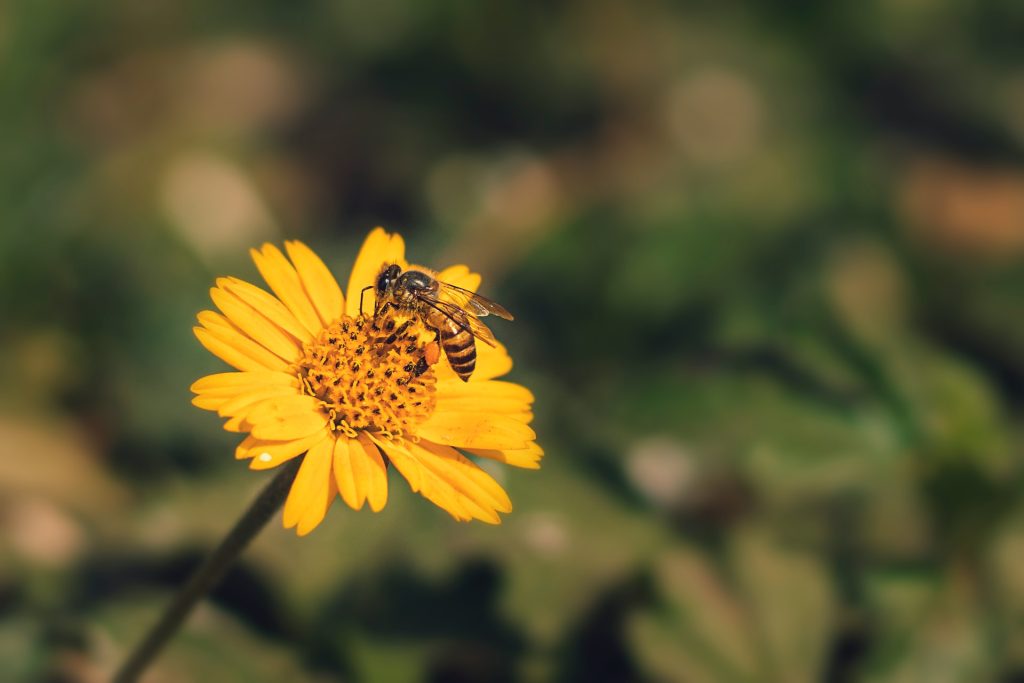Honeybees are well-known for their crucial role as pollinators, but did you know they can also positively impact soil fertility? Beyond their pollination services, honeybees contribute to the enrichment of soil through their droppings, commonly referred to as bee poop or bee feces. In this article, we will delve into the fascinating subject of how honeybees improve soil fertility, exploring the nutrient composition of bee poop, its effects on soil structure, and the overall benefits for plant growth. By understanding this process, both beekeepers and gardeners can appreciate the significance of honeybees as not just pollinators, but also as soil enhancers.
The Composition of Bee Poop
To comprehend how honeybee feces contribute to soil fertility, it is crucial to examine their composition. Bee poop primarily consists of undigested pollen and other organic matter. Pollen serves as a valuable protein source for bees and is mixed with nectar to form “bee bread,” which is stored in the hive as food. During the digestion process, some pollen particles remain intact and are subsequently eliminated in the bees’ feces.
The composition of bee poop varies depending on the plant species from which the bees collect nectar and pollen. Different plants contain varying nutrient profiles, resulting in diverse nutrient content in the feces. However, in general, bee poop contains essential nutrients such as nitrogen, phosphorus, potassium, and trace elements. These nutrients play a vital role in plant growth and development.
Nutrient Cycling and Soil Fertility
When honeybees deposit their droppings on the ground or plants, they introduce valuable nutrients into the soil. Nitrogen, phosphorus, and potassium, commonly referred to as NPK, are crucial elements for plant growth. These nutrients act as essential building blocks for proteins, enzymes, and chlorophyll, supporting various physiological processes in plants.
The presence of undigested pollen in bee poop is particularly significant. Pollen is rich in proteins, amino acids, vitamins, and minerals, making it a highly nutritious component for plant growth. As the bee droppings decompose, the nutrients are gradually released into the soil, becoming available for uptake by plant roots. This process enhances soil fertility, providing plants with the necessary resources for healthy growth, increased yields, and improved overall productivity.
Effects on Soil Structure and Moisture Retention
In addition to nutrient enrichment, bee poop can also impact soil structure and moisture retention. The organic matter present in the droppings improves soil’s ability to retain moisture, reducing water runoff and increasing water availability to plants. This can be particularly beneficial in regions prone to drought or areas with sandy soils that have low water-holding capacity.
Furthermore, as the bee feces decompose, they contribute to the formation of humus, a dark, nutrient-rich organic material. Humus improves soil structure by enhancing its ability to hold nutrients, retain moisture, and promote aeration. The presence of humus fosters the development of a crumbly soil texture, allowing plant roots to penetrate more easily and facilitating nutrient absorption.
Considerations for Beekeepers and Gardeners
Beekeepers and gardeners can harness the benefits of bee poop to enhance their soil fertility and promote healthy plant growth. Here are some considerations to keep in mind:
- Encourage a diverse floral landscape: By providing a diverse range of flowering plants, beekeepers can ensure that honeybees have access to a wide array of pollen sources. This promotes the production of nutrient-rich bee poop, which ultimately enriches the soil.
- Avoid chemical pesticides: Pesticides can have detrimental effects on honeybees and their droppings. Chemical residues from pesticides can contaminate bee poop, affecting its nutrient composition and potentially harming soil organisms. Opt for natural pest control methods or organic alternatives to protect the health of honeybees and the quality of their droppings.
- Utilise bee droppings as fertilizer: Bee poop can be an excellent natural fertilizer for gardens and agricultural crops. Collecting bee droppings from beehives or areas frequented by honeybees and incorporating them into compost or directly into the soil can boost nutrient levels and improve soil fertility. However, it is essential to ensure that the droppings have fully decomposed to avoid potential issues with pathogens or weed seeds.
- Consider bee-friendly gardening practices: Creating bee-friendly gardens not only supports honeybee populations but also enhances soil fertility. By planting a variety of native, flowering plants, you attract bees and encourage them to deposit their droppings in the vicinity. Additionally, practicing sustainable gardening techniques such as mulching, crop rotation, and organic soil amendments can further promote healthy soil and maximize the benefits of bee poop.
Conclusion
Honeybees play a vital role in our ecosystem as pollinators, but their contributions extend beyond pollination. Through their droppings, honeybees enrich the soil with essential nutrients, improve soil structure, and enhance moisture retention. The nutrient-rich composition of bee poop, including undigested pollen, acts as a natural fertilizer, benefiting plant growth and overall soil fertility.
Understanding the impact of honeybees on soil fertility highlights the interconnectivity of the natural world and the importance of preserving bee populations. Beekeepers and gardeners can harness the benefits of bee poop by creating bee-friendly environments, avoiding chemical pesticides, and utilizing bee droppings as a natural fertilizer.
By appreciating the multifaceted role of honeybees, we can foster sustainable practices that not only support pollinators but also enhance soil health, promote plant growth, and contribute to a thriving ecosystem. So, let us continue to embrace the remarkable contributions of honeybees, including their unique way of improving soil fertility through their valuable droppings.

